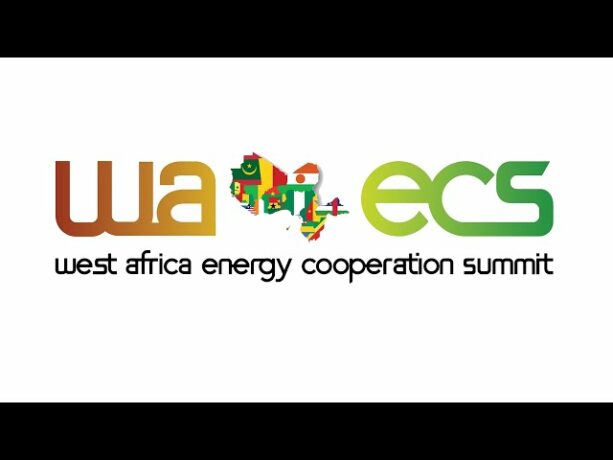
Olu Verheijen, Nigerian President Bola Tinubu’s Special Advisor on Energy, will participate as a speaker at AEW: Invest in African Energies as the country undergoes major sector reforms and developments
Nigeria’s Special Advisor to President Bola Tinubu on Energy, Olu Verheijen, has joined the 2025 edition of African Energy Week (AEW): Invest in African Energies – taking place from September 29 to October 3 in Cape Town – as a speaker. With Nigeria making significant strides in refining capacity, oil production and electrification, Verheijen’s presence at AEW: Invest in African Energies 2025 is set to spotlight the country’s role in shaping the continent’s energy future and driving industrial transformation across Africa.
Under the current administration, Nigeria has achieved major milestones in the energy sector, including securing three of Africa’s four Final Investment Decisions (FIDs) valued at over $5.5 billion and commencing petroleum production at Africa’s largest refinery – the Dangote Refinery. On the back of these milestones, Verheijen is expected to emphasize how Nigeria’s energy reforms and growing capacity are not only booting national development but also strengthening regional energy security, supporting intra-African trade and laying the groundwork for sustainable job creation and economic diversification.
” The country’s recent achievements and future vision inspire collaboration and deal-making, thereby accelerating the continent’s path to energy security and industrialization “
AEW: Invest in African Energies is the platform of choice for project operators, financiers, technology providers and government, and has emerged as the official place to sign deals in African energy. Visit www.AECWeek.com for more information about this exciting event.
As one of Africa’s biggest oil and gas producers, Nigeria seeks to incentivize greater spending across the hydrocarbon industry. This month, energy major ExxonMobil announced it will invest $1.5 billion in revitalizing its Usan deepwater oilfield on offshore block OML 138 in Nigeria, with FID expected by Q3, 2025. The investment, spanning 2025 to 2027, aligns with Nigeria’s production target of 2.5 million barrels per day by year-end and falls under the Nigerian Upstream Petroleum Regulatory Commission’s Project 1 Million Barrels initiative. Meanwhile, in 2024, the country’s energy sector attracted $6.7 billion in investments in 2024, with $5.5 billion directed toward oil and gas asset acquisitions – including major deals by Seplat, Chappal Energies and Oando – and an additional $1.1 billion allocated to the Presidential Metering Initiative and clean energy programs.
The government also secured landmark investments such as Shell subsidiary SNEPCo’s $5 billion Conga North project and a $550 million non-associated gas project by TotalEnergies and the Nigerian National Petroleum Company. These developments, driven by strategic reforms and tax incentives, underscore Nigeria’s ambition to unlock $30 billion in oil and $5 billion in gas investments by 2029, positioning the country as a key driver of Africa’s energy transition and industrial growth.
In the downstream sector, the UAE recently joined a group of international financiers backing the estimated $25-billion Nigeria-Morocco gas pipeline project, which aims to transport natural gas from Nigeria to Europe via 5,660-km route crossing 15 African countries. With support from partners including the European Investment Bank, Islamic Development Bank and OPEC Fund, and a new joint venture formed between Morocco and Nigeria to manage the project, the initiative marks a major milestone in African energy infrastructure. As the country continues to attract substantial investments, it stands ready to bolster production capacity and exports. At AEW: Invest in African Energies 2025, insights from Verheijen will prove valuable, supporting decision-making by major oil and gas players.
“Nigeria’s bold reforms, rising investment flows and growing leadership in regional energy cooperation – particularly with landmark projects like the Nigeria-Morocco gas pipeline – demonstrate its pivotal role in Africa’s energy future. The country’s recent achievements and future vision inspire collaboration and deal-making, thereby accelerating the continent’s path to energy security and industrialization,” stated Tomás C. Gerbasio, Strategy and Business Development Director of the African Energy Chamber.



